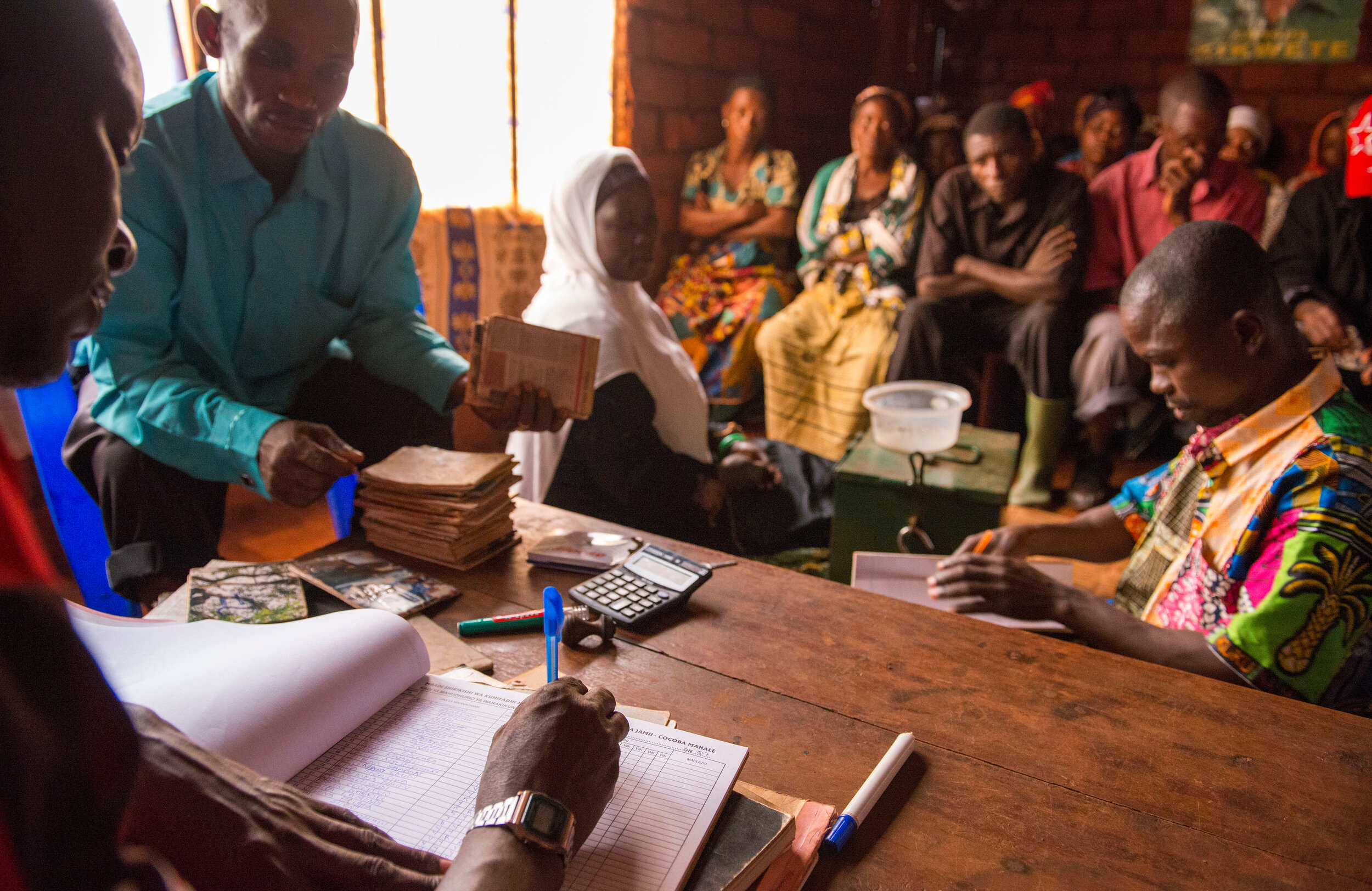
CONSERVING CHIMPANZEE-ELEPHANT CORRIDORS THROUGH TOURISM PARTNERSHIPS
establishing a community eco-tourism venture to provide long term, sustained financial benefits to communities in key chimpanzee – elephant wildlife corridors
ATCF CONTRIBUTION: $20,000
GRANT AWARDED: 2019
LOCATION: Kigoma Region, Tanzania
IMPACT: Creation of a community eco-tourism venture to provide long term, sustained financial benefits within the Mahale ecosystem of western Tanzania.
The Mahale ecosystem is centered in one of the important ecosystems in the southern Albertine Rift, recognized globally for both its exceptional biodiversity and high concentration of endemic species. The Mahale Ecosystem remains as an eastern extremity and link to Congo habitat types, containing high altitudinal variations in the Mahale Mountains; forest types usually restricted to the Congo basin; extensive areas of Miombo woodlands and the highly diverse Lake Tanganyika itself. This project will establish a community eco-tourism venture with a prestige tourism sector partner to provide long term, sustained financial benefits to three local communities located in a key chimpanzee – elephant wildlife corridor in Western Tanzania’s Mahale ecosystem and thereby incentivize them to protect wildlife, forests and key biodiversity. The project is of international conservation importance and will support a talented Tanzanian forester to deliver this important initiative.
The ATCF and its members have awarded Frankfurt Zoological Society $20,000 to provide long-term protection of an environmental resource, wildland, waterway or threatened species that benefits one of Africa’s most important chimpanzee populations.
the issue
Tanzania National Parks (TANAPA) has recently made available a new 15 bed tourism concession in MNP. FZS will work with its key partners, Uvinza District, TANAPA and a private sector tourism operator (to be secured by direct negotiation), to establish a conservation trust in the name of, and for the benefit of, the villages of Rukoma and the sub-villages of Lubalisi and Ikubulu in the Mahale ecosystem in western Tanzania.
the goal
The Frankfurt Zoological Society seeks to create a three-village community conservation trust. Initial transparent and efficient running of the Trust Establishment of a joint venture with a private sector operator to run a tourism facility in MNP providing a sustainable income stream for the Trust Initial disbursement of revenue to households in the three villages linked to messaging on sustainable forest conservation.
impacts
A model for a private sector, community, government partnership for eco-tourism income trialed in Tanzania with lessons disseminated to the tourism and conservation sectors more widely.
Upgraded village capacity to derive and transparently manage sustainable income from eco-tourism (measured by – village income levels, household income levels, village governance METT scores)
Eco-tourism incomes acting as an incentive for village activity which conserves important village forests (measured by forest cover, narrative descriptions of community action against forest loss in project reports)
PROJECT UPDATES
Coming soon…
More about The Frankfurt Zoological Society
The Frankfurt Zoological Society (FZS) stands up for a world that protects and values biological diversity as the basis for all livelihoods of present and future generations by conserving wildlife and ecosystems focussing on protected areas and outstanding wild places. FZS is an international conservation organization based in Frankfurt in Germany. Founded by Prof. Bernhard Grzimek, FZS is committed to preserving wildlands and biological diversity in the last remaining wilderness areas on the planet. The Serengeti National Park in Tanzania was the starting point of the Frankfurt Zoological Society's conservation efforts. At the end of the 1950s Bernhard Grzimek launched what has since become a comprehensive programme consisting of some 30 projects dedicated to the protection of outstanding wilderness areas and national parks in 18 countries. The conservation focus of all FZS projects is on protecting wilderness areas and preserving biodiversity. All FZS programmes are oriented towards these two criteria.
“The Frankfurt Zoological Society is delighted to have been awarded this grant and pleased that the project resonated so strongly with ATCF’s members. The funds will help us develop an exciting private sector venture in Tanzania’s Mahale Mountains, a biodiversity hotspot and home to one of Africa’s most important chimpanzee populations. It is especially gratifying to have this validation from the tourism sector as we work to establish a strong community - government partnership to increase revenue from eco-tourism and safeguard this important wildlife corridor.”
- Tanzania Programme Grants Coordinator


